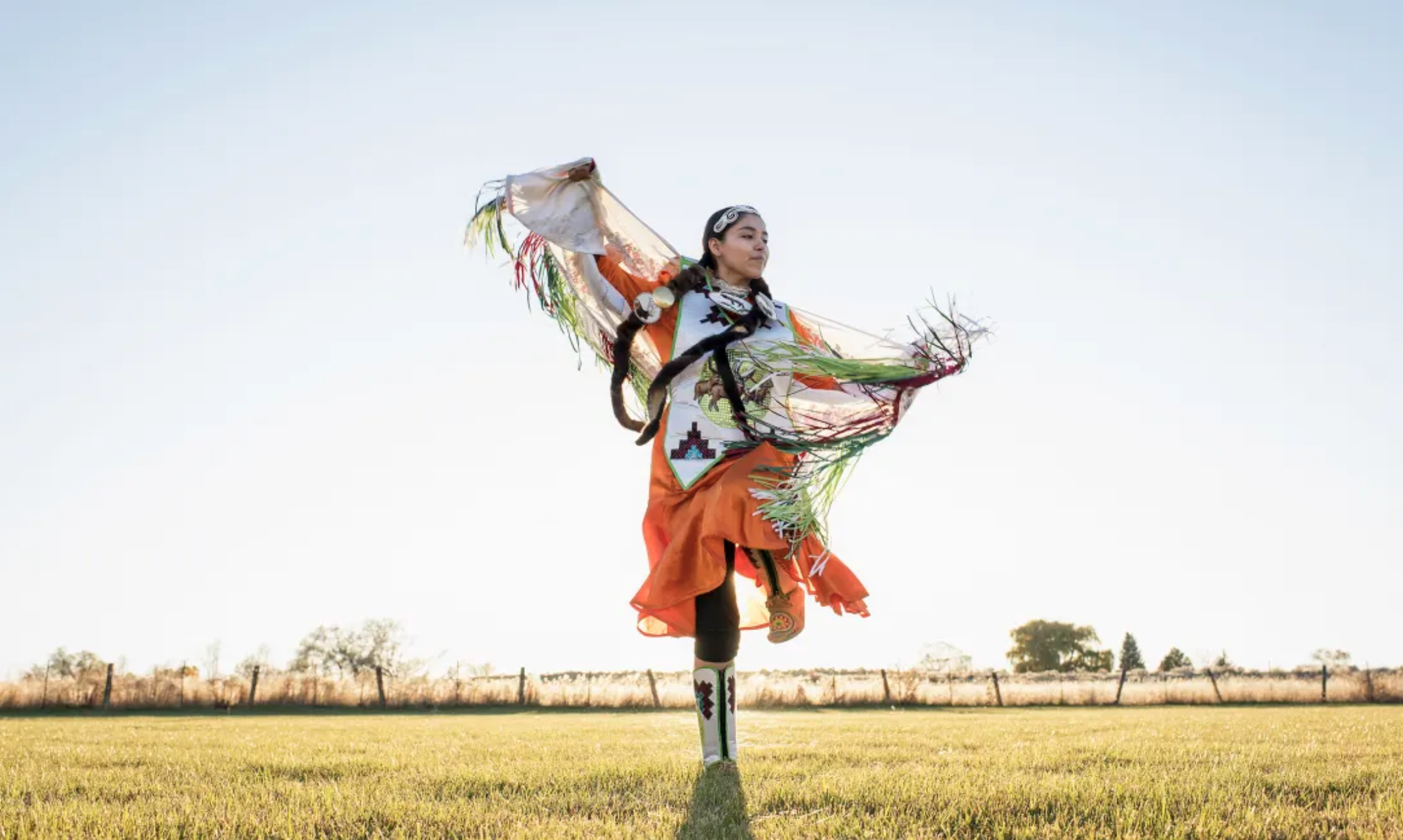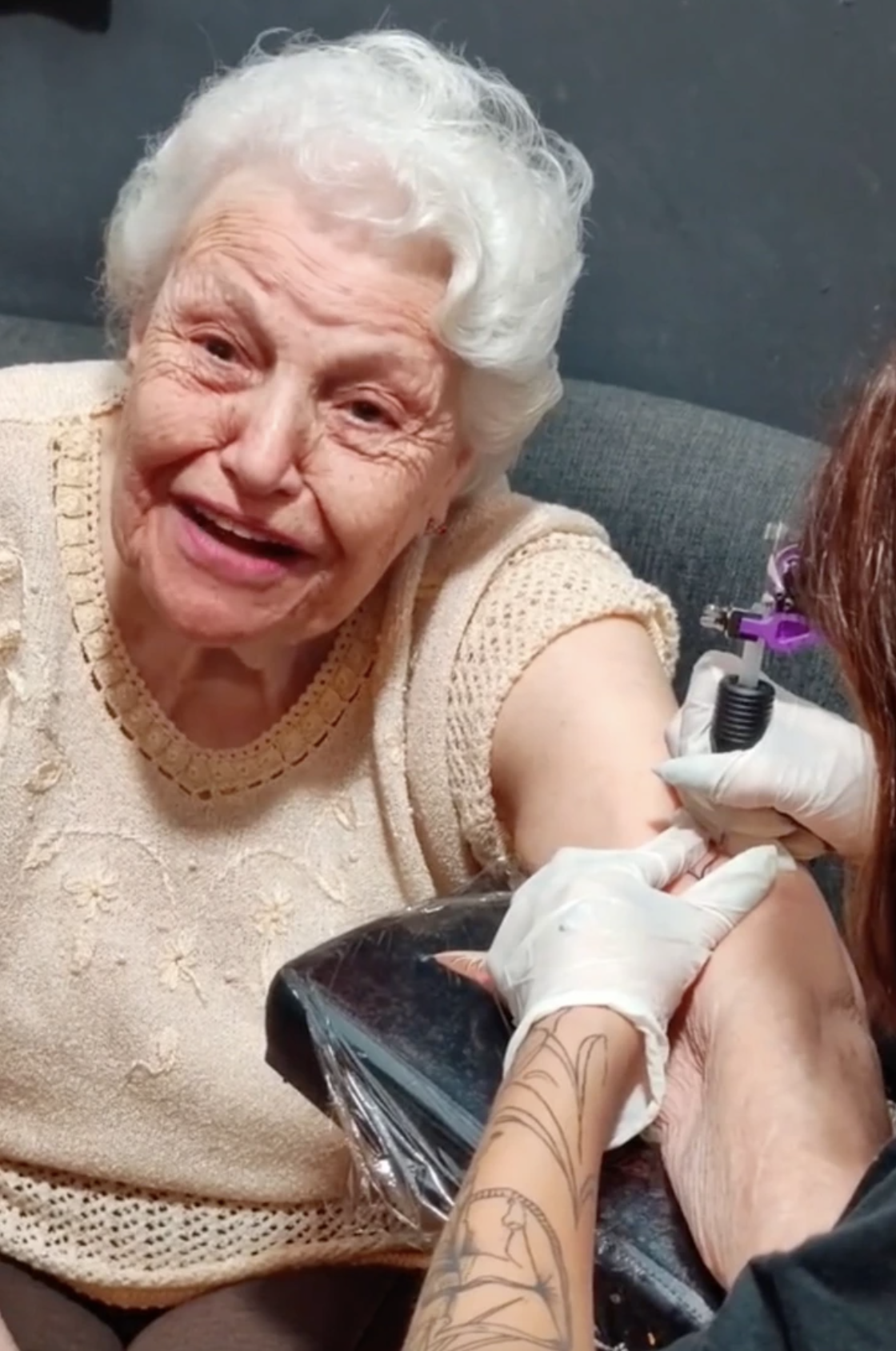What Is Indigenous Peoples’ Day and Why Do We Celebrate It Instead of Columbus Day?

Scheduled for the second Monday of each October, this occasion serves as an alternative celebration to the federal holiday, imparting important lessons about the enduring consequences of colonialism.
Indigenous Peoples’ Day commemorates the historical realities of the land we inhabit in America.
Observed on the second Monday of October as an alternative to Columbus Day, this day acknowledges the resilience and valuable contributions of Indigenous communities throughout the United States.
According to the Smithsonian’s National Museum of the American Indian, about 95 percent of the Native American population perished within 130 years after the arrival of Europeans in the Americas.
Despite the historical atrocities of killings, enslavement, and forced relocations inflicted upon the Indigenous peoples of the Western Hemisphere, Native communities continue to endure and strive to ensure the preservation of their rich cultures.
On Monday, October 9th, Indigenous peoples throughout the nation come together to commemorate and celebrate their communities while also educating about the enduring impacts of colonialism.
In the previous year, President Joe Biden issued a proclamation in honor of Indigenous Peoples’ Day, affirming his administration’s commitment to uphold its “solemn trust and treaty responsibilities to Tribal Nations” and strengthen the nation-to-nation relationships. He emphasized that Indigenous peoples are the soul of our nation and urged all Americans to recognize this significant day.
However, it’s worth noting that Columbus Day remains an official federal holiday. Multiple representatives and senators have recently introduced the bicameral Indigenous Peoples’ Day Act, aiming to replace Columbus Day. Keep reading to discover more about the official recognition of Indigenous Peoples’ Day and the ongoing efforts within the Indigenous community to establish it as a permanent holiday.

What is the objective of observing Indigenous Peoples Day?
Columbus Day, named after the Italian explorer Christopher Columbus, who voyaged to the Americas in 1492, saw its initial observance in the United States in 1792, as reported by Smithsonian Magazine. President Franklin Delano Roosevelt declared the first nationwide commemoration of this holiday in 1934, and subsequently, in 1937, both he and Congress established October 12th as its official national observance. President Richard Nixon then solidified its status as an official holiday on the second Monday of October with a proclamation in 1972, a tradition that has endured for more than four decades, although not uniformly across the nation.
During a United Nations conference in 1977 addressing the long-standing discrimination faced by Indigenous communities, there was a proposal to change Columbus Day to Indigenous Peoples Day.
Shannon Speed, a member of the Chickasaw Nation and the director of the UCLA American Indian Studies Center, spoke to NPR in 2019, explaining the harmful implications of honoring and celebrating Columbus Day.
“Today, we recognize that while Columbus is acknowledged as an explorer and one of the first Europeans to reach the Americas, we now have substantial knowledge about the history and the actions of him and his expedition upon their arrival on this continent. This history includes acts of pillaging, rape, and, more significantly, initiating a genocide of the indigenous peoples who were already here. These are not events we wish to commemorate,” Speed articulated.
She further emphasized, “This is not something anyone should celebrate.”
Speed underscored the fact that Indigenous children are taught about Columbus Day in schools, despite it serving as an “incredibly painful” reminder of the suffering endured by their communities.
“As a result, we cannot endorse a national holiday that perpetuates ongoing harm to a substantial segment of our population,” she expressed.
Despite the original suggestion being made in 1977, it wasn’t until 1990 that South Dakota became the inaugural state to officially observe Native Americans’ Day, as reported by the Pew Research Center. As of October 2023, the center noted that only 16 states and the territory of American Samoa continue to exclusively observe Columbus Day on the second Monday in October.
When did the United States officially begin recognizing Indigenous Peoples Day?
In 2021, President Joe Biden made history by officially recognizing the holiday for the first time through a presidential proclamation.
The city of Berkeley, California, asserts that it was the earliest in the United States to embrace Indigenous Peoples Day, a move dating back to the 1980s. According to Berkeleyside, a digital newspaper based in Berkeley, the city introduced Indigenous Peoples Day in response to then-U.S. President Ronald Reagan’s initiative to commemorate the 500th anniversary of Christopher Columbus’ arrival in the Americas.
As previously mentioned, only 16 states and American Samoa classify Columbus Day as an “official public holiday,” indicating that “government offices are closed, and state workers, except those in essential roles, receive paid time off,” according to the research center.
Notably, Columbus, Ohio, even changed the name of the holiday to Indigenous Peoples’ Day in 2020. As of October 2023, 17 states and Washington, D.C., observe holidays dedicated to Native Americans, although they may not coincide on the same date.
The research center discovered that in four states, two territories, and Washington, D.C., Columbus Day is recognized as an official public holiday but under a distinct name. In four other states and the U.S. Virgin Islands, the day is commemorated as both Columbus Day and another occasion. However, in 26 states and Guam, the second Monday in October is essentially treated like a regular workday.
Is Indigenous Peoples Day 2023 recognized as a federal holiday?
Although President Biden and his administration have officially acknowledged Indigenous Peoples’ Day in the past two years, it remains unestablished as a federal holiday.
On October 2nd, Representatives Norma J. Torres, Suzanne Bonamici, Sharice Davids, and Suzan DelBene, along with Senators Martin Heinrich and Ben Ray Luján, collaborated to reintroduce the Indigenous Peoples’ Day Act to Congress. This proposed legislation aims to permanently replace Columbus Day with Indigenous Peoples’ Day on the federal level, designating it as the second Monday of October.
Representative Norma Torres, who represents California’s 35th congressional district, stated, “Our nation has a long history of neglecting to acknowledge its troubling legacy of erasing and harming the original inhabitants of the Americas.” She continued, “By establishing Indigenous Peoples’ Day as a federal holiday, we take a small yet significant stride towards recognizing the injustices in our country’s history and celebrating the vibrant traditions, history, and culture of all indigenous communities, which are an integral part of the United States’ cultural tapestry.”
What are ways to observe Indigenous Peoples Day?
When President Joe Biden issued his proclamation last year, he encouraged Americans to mark the day through “appropriate ceremonies and activities.”
The Smithsonian’s National Museum of the American Indian suggests that Americans can celebrate Indigenous Peoples Day by acknowledging that the United States is situated on Indigenous ancestral lands through a Land Acknowledgment.
Land Acknowledgments are formal declarations that can be made prior to an event or ceremony, recognizing and showing respect to Indigenous Peoples. This practice need not be limited to Indigenous Peoples Day alone. In 2020, actor and director Taika Waititi paid tribute to the Indigenous people of Los Angeles with a Land Acknowledgment during the Academy Awards.
Additionally, individuals can show support for Indigenous Peoples Day by purchasing and using products crafted and produced by Indigenous individuals. There is an abundance of podcasts, books, and movies created by Indigenous creators that are available for rental, borrowing, and purchase. According to the Smithsonian, Social Justice Books provides a list of books suitable for young elementary and high school readers, as well as educators.
Is Indigenous Peoples’ Day celebrated in other nations?
In Canada, June 21 is designated as National Indigenous Peoples Day. Additionally, Canadians observed the National Day for Truth and Reconciliation for the first time on September 30, 2021. This day serves as a commemoration for the missing children and survivors who were compelled to attend residential schools.
Moreover, the United Nations General Assembly proclaimed in 1994 that August 9 would be recognized annually as the International Day of the World’s Indigenous People.



